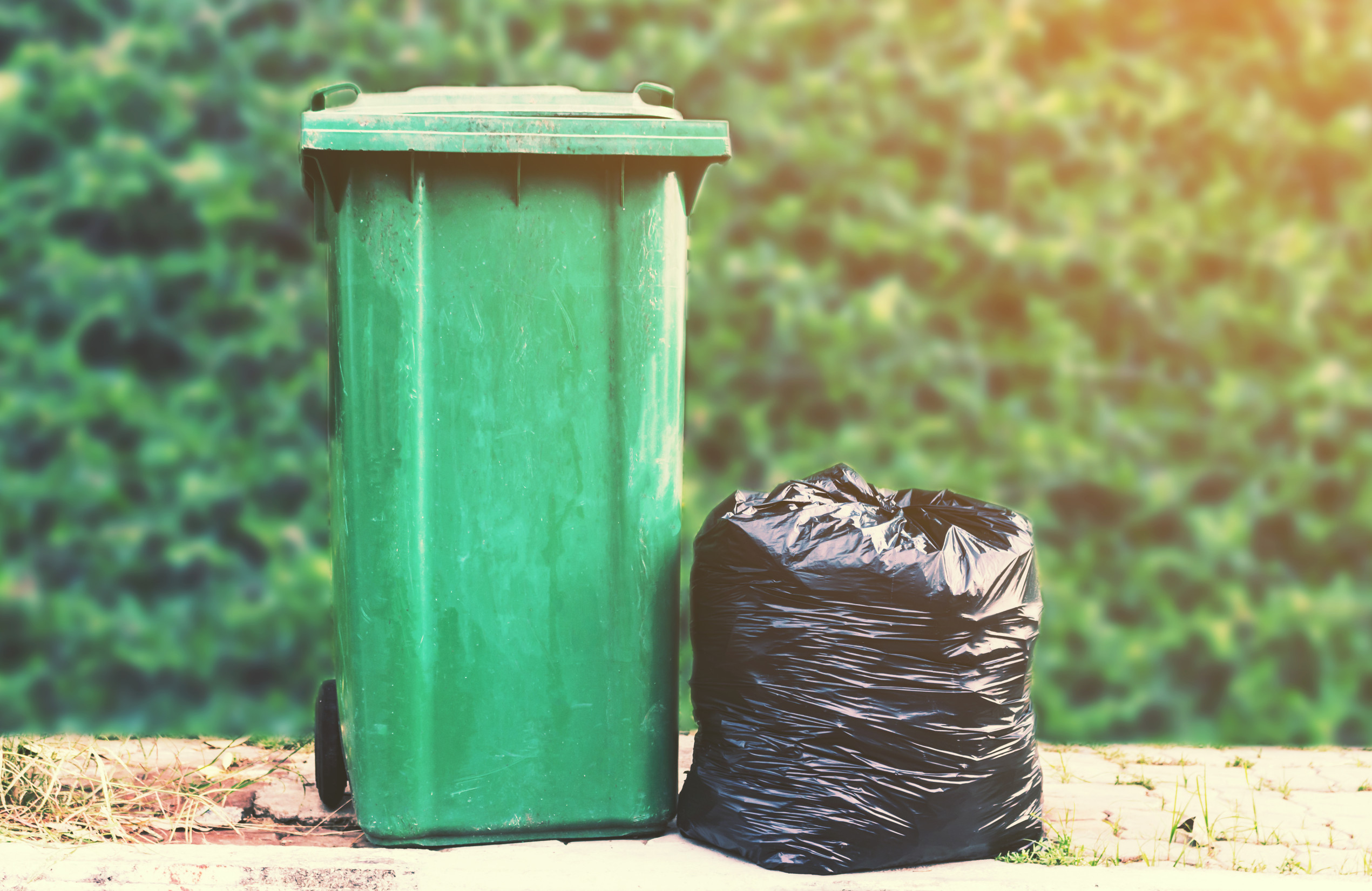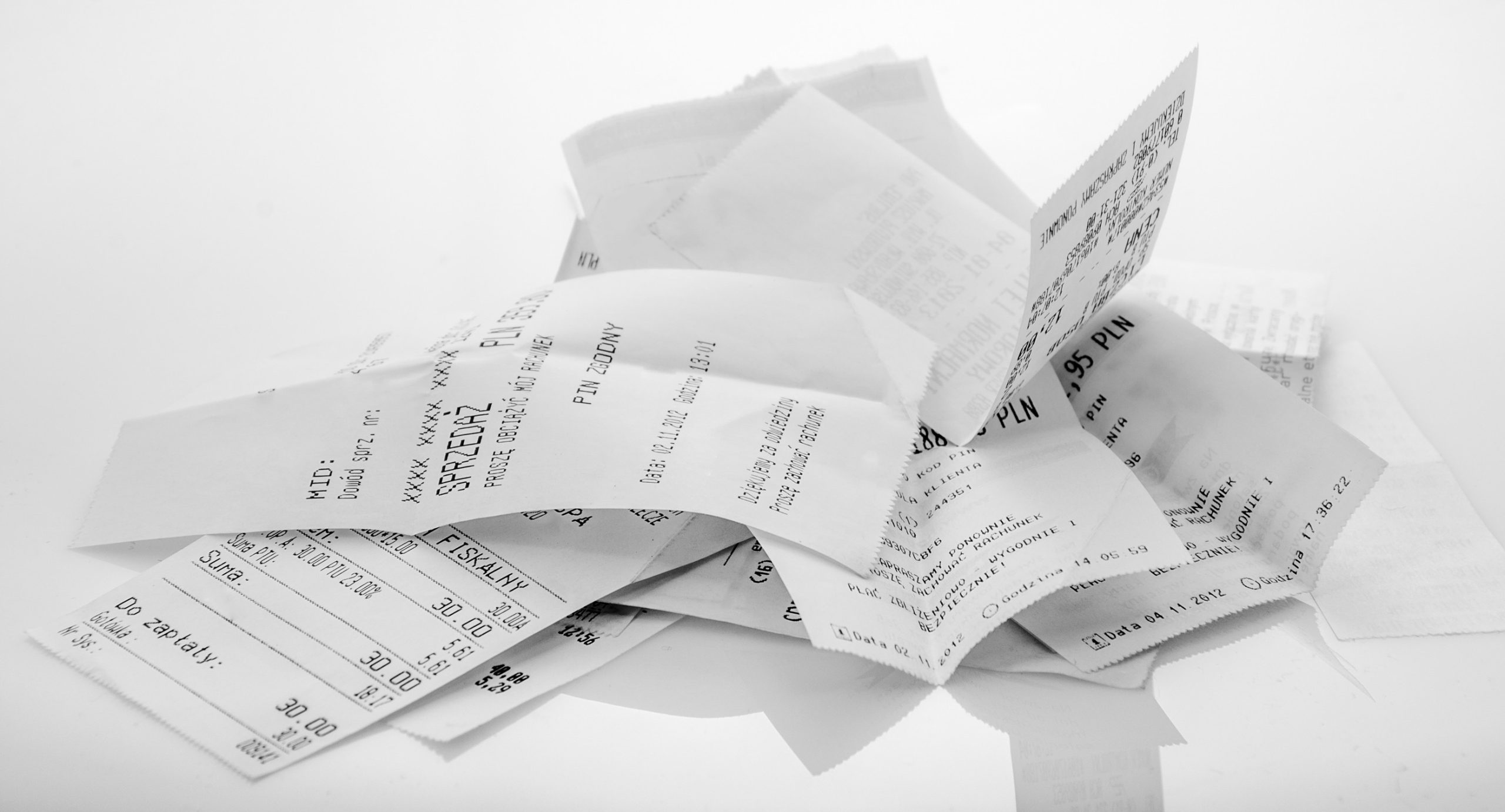
Most people don’t think twice about what they throw away. Once it’s in the trash, it’s out of sight, out of mind. But for criminals, the garbage can is a goldmine of information. In fact, it can be the start of a long journey that will create a ton of headaches for you.
Thieves have long used discarded items to learn about their targets, plan burglaries, steal identities, and exploit personal vulnerabilities. What’s thrown out carelessly today can become a tool of crime tomorrow. Should you pay closer attention to what you throw away? The answer is a resounding yes.
1. Old Mail Reveals Your Identity
Pre-approved credit offers, utility bills, bank statements, and even junk mail carry more personal data than most realize. Thieves go through trash looking for names, addresses, account numbers, and barcodes that link to your financial life. With just a few pieces, they can impersonate you or apply for credit in your name. It only takes a single overlooked envelope to unlock your entire identity. Shredding documents isn’t just smart—it’s essential.
2. Prescription Bottles Expose Your Health
Empty medication containers are another overlooked risk in household waste. Labels often show full names, prescription numbers, doctors’ names, and even refilling pharmacies. This information can be used to forge prescriptions, commit medical fraud, or learn about health conditions that might make someone appear more vulnerable. Thieves sometimes target individuals based on what they learn from pill bottles. Before tossing any medical packaging, remove or destroy the label completely.
3. Packaging Shows What You Own
Boxes for electronics, luxury items, or recent purchases tell thieves what’s inside your home. That large flat-screen TV box at the curb is like a flashing sign advertising new valuables. Even receipts or warranty forms in the trash can tip off a criminal about what kind of loot they might expect. Opportunists track trash days in upscale neighborhoods for this very reason. Disguising or breaking down packaging before disposal can help reduce the risk.
4. Calendar Pages Give Away Your Routine
Old planners, printed calendars, and even appointment reminder cards can offer detailed insight into a person’s weekly habits. If a thief sees that a family is on vacation or regularly gone during specific hours, it makes planning a break-in easier. Knowing when someone won’t be home is often more valuable than knowing what’s inside. Burglars prefer homes that are empty and predictable. Disposing of this kind of paper without thinking gives away far more than just dates.
5. Photos and Personal Notes Help with Social Engineering
Printed photos, handwritten notes, or cards may seem harmless, but they can provide names, relationships, and context for manipulation. Scammers often use emotional leverage—like pretending to be a relative or friend—to gain trust or trick people. A discarded birthday card or thank-you note can offer exactly the language and personal detail they need. These items also help criminals craft convincing phishing messages or fake social media profiles. What looks like trash to one person may be a blueprint for fraud to another.
6. Receipts Can Be Financial Blueprints
Even if a receipt doesn’t show a full credit card number, it may still list the last four digits, merchant details, and purchase history. With enough of these, someone can start piecing together spending habits and financial behaviors. That kind of profiling can help in identity theft or in hacking online accounts by answering security questions. Receipts are often overlooked because they feel unimportant once a purchase is complete. But in the wrong hands, they serve as clues to your financial life.

7. Kids’ School Papers Reveal Family Details
Old homework assignments, permission slips, and school memos often include full names, school names, addresses, phone numbers, and even parent signatures. Criminals targeting families use these scraps to learn how to pose as school officials or trusted adults. Identity thieves can also exploit children’s Social Security numbers, which are sometimes linked to school documents. A child’s personal data is especially attractive because it usually isn’t monitored. Disposing of school papers with care protects not just adults but the entire household.
8. Luggage Tags and Travel Documents Show When You’re Away
Travel confirmations, boarding passes, and even old luggage tags are frequently tossed out without a second thought. These items reveal past or upcoming travel plans and can indicate when a house will be empty. Some even contain barcodes or QR codes that lead to detailed personal data when scanned. If a criminal knows you’re out of town, the opportunity to strike becomes far more appealing. Any item that links your name to a timeline should never go into the trash unshredded.
9. Bank Envelopes and ATM Slips Open Financial Doors
Used ATM envelopes, balance inquiry receipts, and bank-issued correspondence often end up in the trash with just minor rips or crumpling. These can reveal account balances, bank branches, and transaction patterns. While a single slip may not provide full access, it adds to the puzzle for a patient criminal. Combining this with other found items can be devastating. It’s better to destroy such documents than assume they’re meaningless just because they don’t show the whole picture.
10. Utility Bills Confirm Your Address and Usage
Electric, gas, water, and internet bills confirm that you live at a certain address and give insight into your daily routines. Some even include full account numbers and customer service PINs. A thief with access to these can impersonate you with service providers or use the information in phishing scams. Usage data might even help them determine when the home is likely occupied or not. Tossing out bills carelessly can create a clear roadmap for intrusion.
Don’t Let Your Trash Talk
Thieves don’t need to break into a home to start exploiting it. Too often, people make it easy by throwing away private information without thinking twice. Every discarded envelope, receipt, or piece of packaging could be a stepping stone to identity theft, burglary, or fraud. Being careless with trash is like leaving a window open with a sign that says “come in.” Start treating your garbage like it holds secrets—because to the wrong person, it absolutely does.
What are your thoughts on this? Have you noticed anything suspicious near your trash bins lately? Drop a comment and share your experiences or tips for keeping your trash secure.
Read More
The Death of Privacy in American Cities Has Already Begun
6 Things Thieves Notice About Your Car Before Anyone Else
The post 10 Ways Thieves Use Your Trash Against You appeared first on Everybody Loves Your Money.







